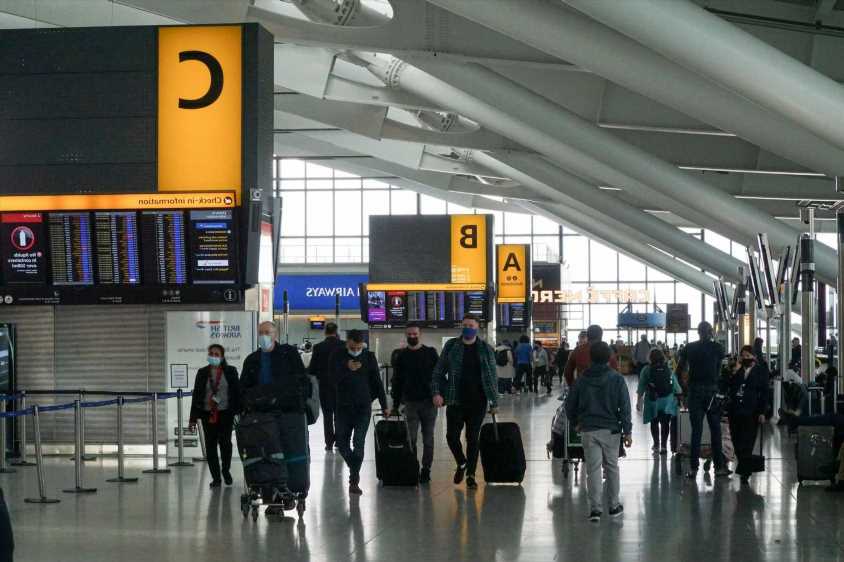Opinions expressed are solely those of the author and do not reflect the views of Rolling Stone editors or publishers.
A few weeks ago I started reading Jon Ronson’s book, Lost at Sea, which is a collection of essays that revolve around the strange things we’re willing to believe in. The book tackles an array of ideas and experiences, ranging from an existential conversation with a robot named Bina 48, to attending a UFO convention with singer Robbie Williams, and spending time with members of the Insane Clown Posse (ICP).
The first chapter begins with Ronson’s trip to Milwaukee to spend time with Violent J and Shaggy 2 Dope, the duo behind ICP, right after they released their song “Miracles,” a departure from their typical style of music and lyrics: “Miracles each and every where you look/And nobody has to stay where they put/This world is yours for you to explore/There’s nothing but miracles beyond your doors.”
Related Stories
Lady Gaga and Tony Bennett Return to the American Songbook on 'Love For Sale'
Courtney Barnett Finds Comfort Through Gift Exchange in 'Write a List of Things to Look Forward To' Video
Related Stories
The United States of Weed
How Guns N' Roses Formed
I begin this article referencing that book (and this particular chapter) namely because what makes it all so interesting is how Ronson, in his own gonzo-style way, is so curious about the human experience. This curiosity allows for a cheeky, yet insightful glimpse into our humanity and our need for connection and meaning.
Many people dismiss miracles as superstitions rooted in religious sentiments or magical thinking, antagonistic to good old rational common sense. But perhaps shifting our perspective on what a miracle actually is could be a powerful tool to help us craft a human experience that glimpses beyond consensus reality and into a mindset where the world you wish for could actually be yours. We could regard a “miracle” as a way to rewire our brains to think in more expansive ways. For instance, Mitch Horowitz, the author of Occult America and The Miracle Club, defines miracles as “…circumstances or events that surpass all conventional or natural expectation.”
The miraculous is earned through thoughtful and dedicated attention to our habits and routines, weeding out of our daily lives destructive behaviors that inhibit our capacity to inhabit our best possible lives. The idea that thought creates reality is not just a metaphysical platitude, but something that needs to be put into constant action through our choices and actions.
The Rolling Stone Culture Council is an invitation-only community for Influencers, Innovators and Creatives. Do I qualify?
A miracle can open a door for a radical change in perspective that allows us to live richer lives, as new layers of nuance and complexity are revealed. However, miracles require proper integration if we are to fully absorb their transformative potential. Miracles rarely just happen to us; we earn them, through sustained effort and commitment. It is always our choice to walk through that door.
According to Benjamin W. Decker, author of Modern Spirituality, the capacity to relax our perspective and become open to seeing circumstances differently is something that requires fortitude and discipline. As humans, we love to think we’ve got it all figured out, so it really takes strength of character to be genuinely open to approaching something differently.
A miracle, thus, gets us a step closer to the truth, by allowing us to see through the conditioning of our “reality tunnel,” as Robert Anton Wilson would say, hopefully becoming aware that each person’s reality tunnel is highly subjective, partial and based upon fragile epistemic premises. Becoming aware of the multiplicity of perspectives we encounter as we navigate social and cultural worlds gives rise to empathy, tolerance, community and wisdom.
That awareness is, precisely, the miracle: the ability and willingness to admit that our worldview might be partial and flawed. It’s understanding that our deepest held and cherished beliefs might be completely wrong, that views antagonistic to ours could hold a seed of truth. Beliefs outside our own have the power to transform us if we just allowed ourselves to walk in somebody else’s shoes and hold their experience with compassion, care and tenderness.
Widening our understanding of intersubjectivity and the way we co-create realities by transcending the illusion of our limited individual perspectives is indeed miraculous. Miracles require that we step outside our comfort zone, our convictions and long-held certainties about the world and our place in it and be receptive and humble.
Source: Read Full Article



